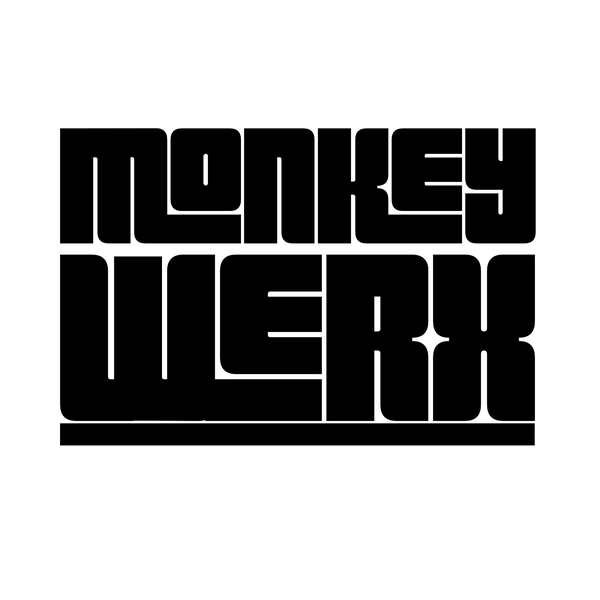Before we get too deep into this one, it is important to see the trend established by our corrupt CIA and State Department agencies. Indeed, this particular instance took place in 1973, however, the United States agencies under Barack Obama did a similar action in 2014 in Ukraine where they ousted a pro-Russian President and installed their own puppet, Zelenskyy.
The CIA's involvement in the 1973 Chilean coup d'état remains one of the most significant and controversial episodes of U.S. intervention in Latin America. This intervention played a crucial role in the overthrow of Chile’s democratically elected president, Salvador Allende, and the subsequent establishment of a brutal military dictatorship under General Augusto Pinochet.
Background and Context
Salvador Allende, a Marxist and member of the Socialist Party, was elected President of Chile in 1970, marking the first time a Marxist had been democratically elected to lead a country in Latin America. His presidency was characterized by significant social and economic reforms, including nationalization of major industries and land redistribution, which aimed to reduce economic inequality and enhance social justice.
However, Allende's policies quickly drew the ire of the United States, particularly President Richard Nixon and his National Security Advisor, Henry Kissinger. The Nixon administration viewed Allende's government as a potential foothold for Soviet influence in the Western Hemisphere during the Cold War.
CIA Operations in Chile
From the outset of Allende’s presidency, the U.S. government sought to undermine his administration. According to declassified documents, President Nixon directed the CIA to prevent Allende from assuming office or to unseat him if he did. This directive led to the implementation of covert operations under the codename "Project FUBELT," aimed at destabilizing the Chilean economy and political landscape.
The CIA's efforts included funding opposition political parties, promoting anti-Allende propaganda, and fostering a climate conducive to a military coup. One of the most significant operations was the financial support provided to the conservative newspaper "El Mercurio," which played a pivotal role in creating an atmosphere of political unrest and discontent
The 1973 Coup
By 1973, the situation in Chile had deteriorated, with increasing economic problems and social unrest. On September 11, 1973, the Chilean military, led by General Augusto Pinochet, launched a coup d'état. The military attacked the presidential palace, La Moneda, where Allende ultimately took his own life rather than surrender.
Declassified documents reveal that the CIA had prior knowledge of the coup plans and maintained close contact with the Chilean military officers who orchestrated the overthrow. The U.S. government’s involvement included providing logistical support and ensuring diplomatic recognition for the new military regime once it took power.
Aftermath and Pinochet's Dictatorship
Following the coup, Pinochet established a military junta that ruled Chile with an iron fist for 17 years. His regime was marked by widespread human rights abuses, including the torture, execution, and disappearance of thousands of political opponents. The CIA’s role in supporting Pinochet’s consolidation of power, despite awareness of these atrocities, further tainted U.S. foreign policy during the Cold War.
In the years following the coup, the U.S. government's actions in Chile have been the subject of extensive scrutiny and criticism. High-profile figures, including former Secretary of State Colin Powell, have acknowledged that the U.S. role in the coup is a regrettable part of American history. Now that, coming from a Deep State member, speaks volumes on the overreach conducted by the American government and its shadow agency operations.
Legacy and Reflection
The legacy of the CIA’s intervention in Chile is a sobering reminder of the far-reaching consequences of covert operations and foreign intervention. The coup not only altered the course of Chilean history but also left a lasting impact on U.S.-Latin American relations. The release of declassified documents and ongoing historical analysis continues to shed light on the extent and nature of U.S. involvement in the events leading up to and following the 1973 coup.
I hope this, along with the multitude of other blogs as it relates to our shadow government operations, is a sober reminder of the importance of oversight and accountability we should hold against these covert operations.

